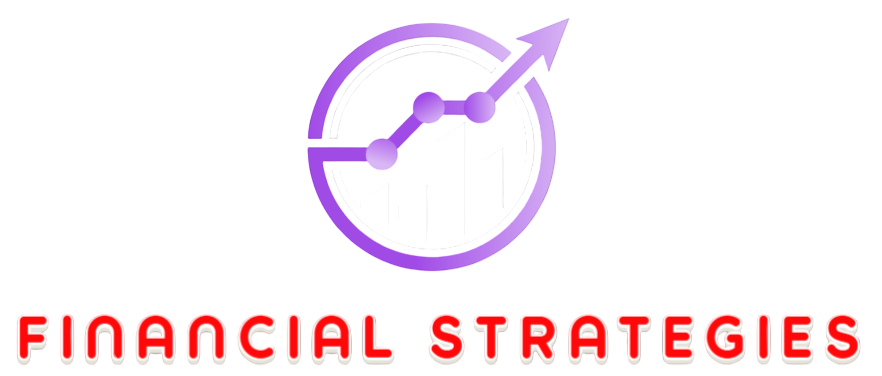
In today’s fast-paced economy, people often need quick cash because unexpected financial troubles might arise at any time. Rapid loans can assist with unforeseen expenses such as medical bills, car repairs, or even a last-minute opportunity. However, before you apply for a payday loan, you need to have a solid understanding of the fundamentals.
What Are Quick Loans?
Payday loans, cash advances, and short-term loans are modest loans obtained for a few days to a few months. These loans provide minimum credit checks and paperwork for people needing cash quickly. Unsecured Quick Loan Don’t Require Collateral Instead, the lender considers your income, employment history, and credit score. If accepted, your bank account will receive the loan within hours or the next business day.
Prepare for Quick Loans

Quick loans are helpful in financial emergencies but have dangers and considerations. Therefore, before applying for a quick loan, consider these points:
High-Interest Rates
Quick loans are pricey since they have high-interest rates.
To guarantee you can afford repayments, carefully research and comprehend the loan’s interest rates and costs.
Short Repayment Period
Quick loans have short repayment periods, usually a few days to a few months. You must repay the loan promptly, generally in a considerable sum, which can strain your budget. Avoid late penalties and other charges by having a clear loan repayment schedule.
Hidden Charges
Quick loans may have origination, application, prepayment penalties, and exorbitant interest rates. Read the loan agreement carefully and ask the lender about fees.
Creditworthiness
While a quick loan doesn’t usually demand good credit, the lender may examine your credit or analyze it in other ways. A quick loan may depend on your credit score and financial background. During the application process, be truthful about your finances.
Alternatives to Quick Loans
Quick loans should be considered a last choice, and examining other options before applying for one is vital. Depending on your financial status, you may have alternative options, such as borrowing from family or friends, negotiating with creditors for more advantageous terms, or requesting a personal loan from a bank or credit union. These solutions may offer cheaper interest rates and more favourable repayment conditions than quick loans.
Responsible Borrowing
Only borrow if you can pay back a quick loan. Borrowing more than you need or many short loans might create a debt cycle that makes it hard to pay off.
In conclusion, before applying for quick loans, it’s essential to understand the terms and conditions, interest rates, fees, and repayment options. Borrowers should assess their financial situation and only take out loans they can afford to repay to avoid potential financial pitfalls.






